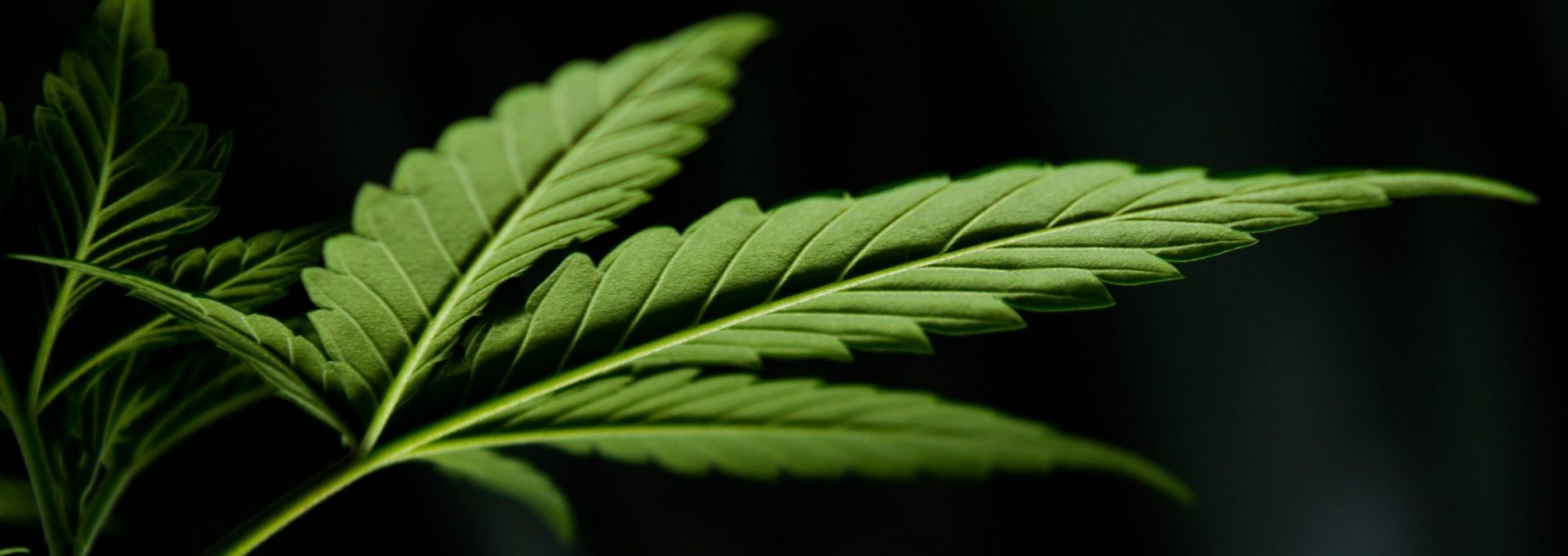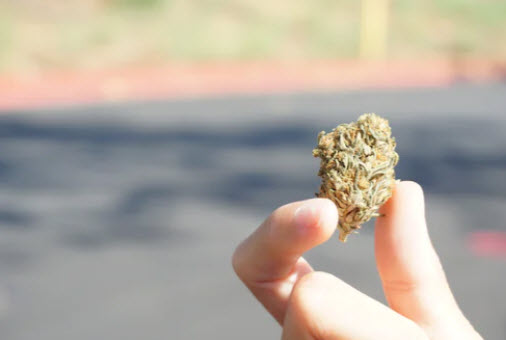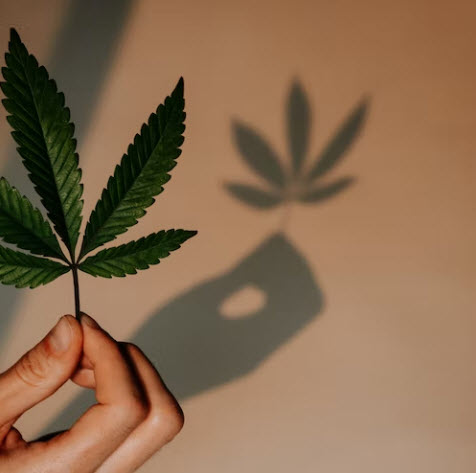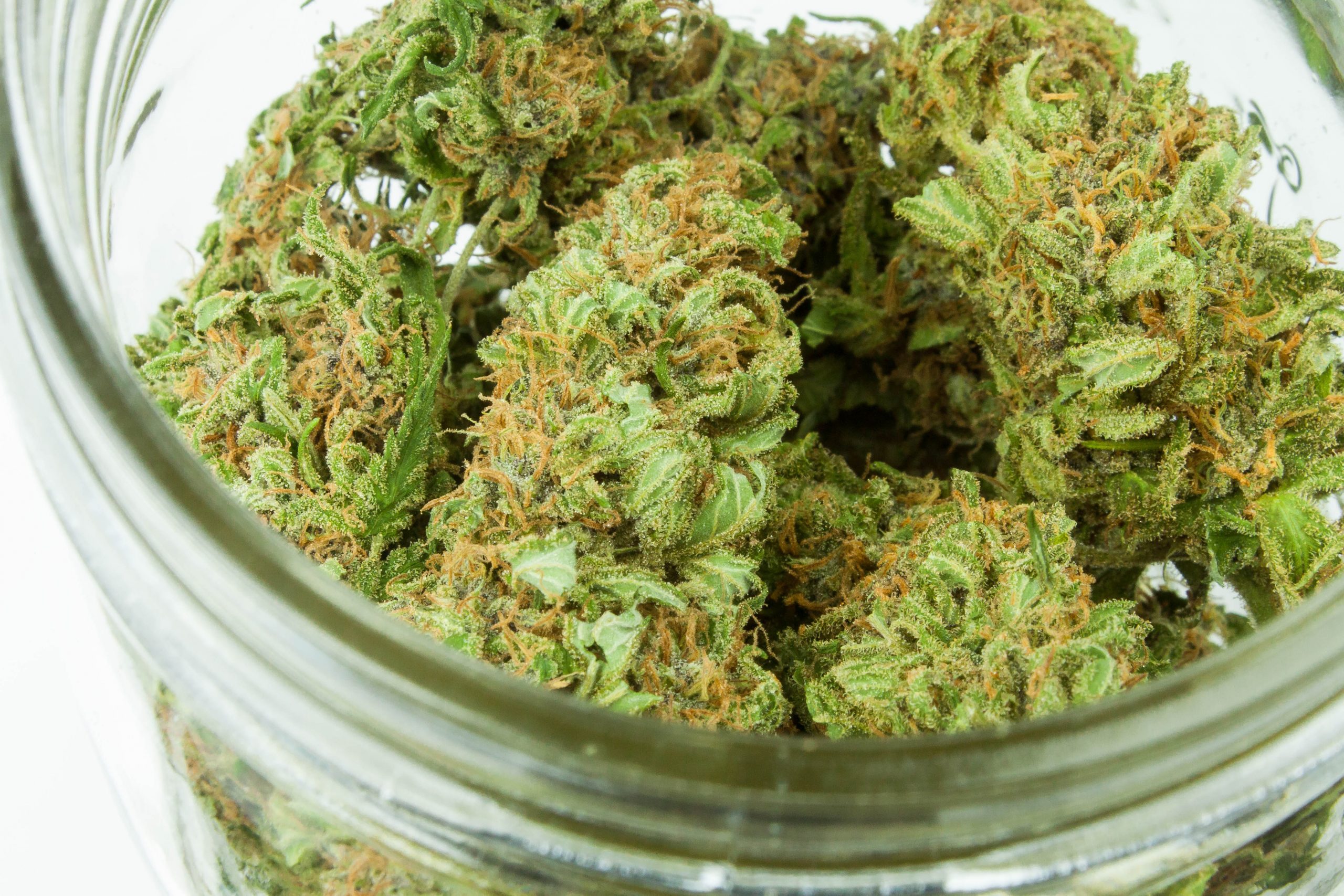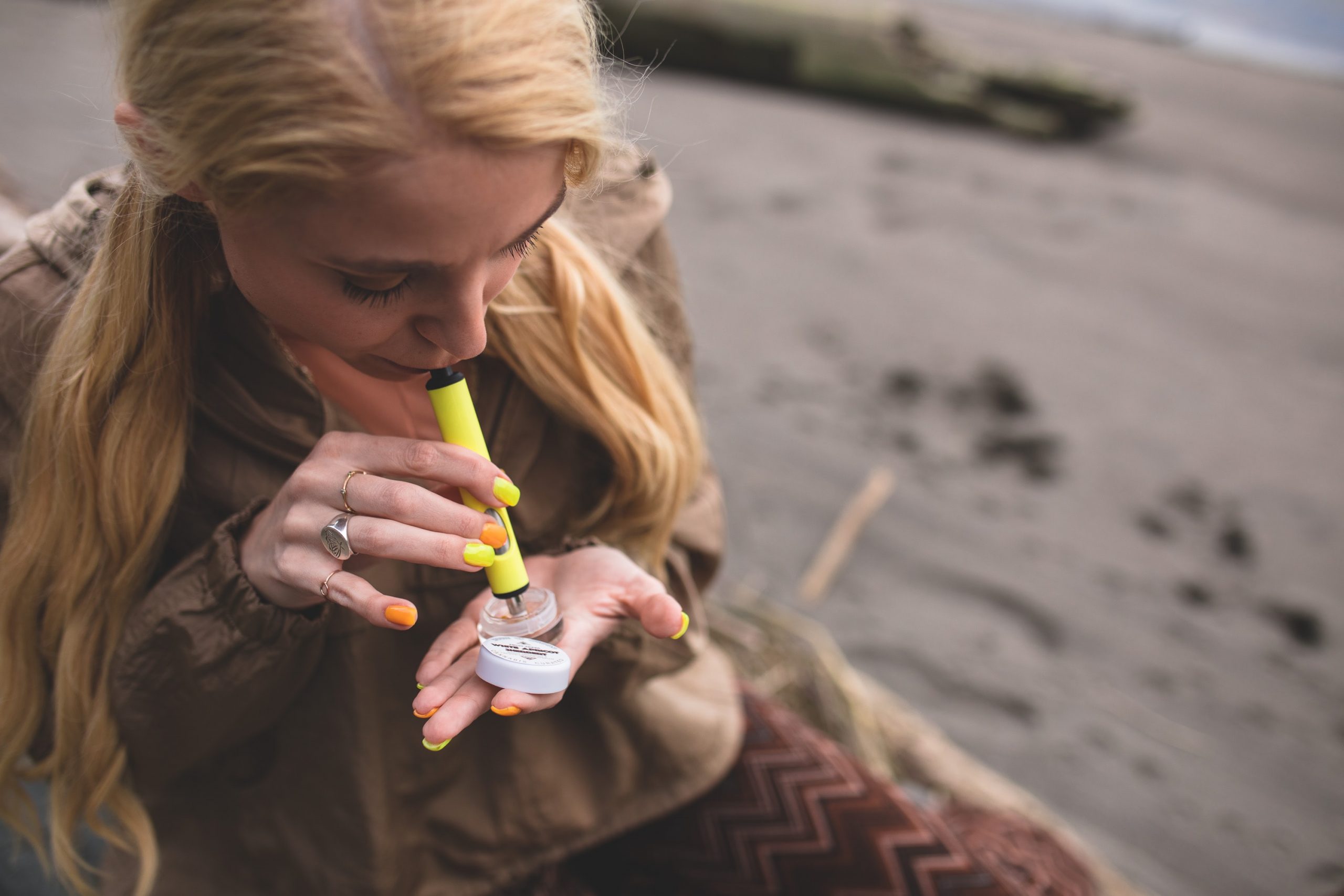The French Conseil d’Etat (the highest French administrative court) has paved the way for the regulated sale of CBD flowers and leaves in France. What impact will that have on Germany?
At the end of last year, the French government was forced to backtrack on its prohibition of the sale of CBD flowers and leaves. This is also interesting given the current temperature of French politics on reform. The Conseil d’Etat, the nation’s highest administrative court, essentially undid the more recent legal wrangling over CBD. Namely, as of 1990, the French Public Health Code authorized the cultivation, import, export, and use of hemp. This is one of the reasons that the country has been the foremost cultivator of industrial hemp for most of this century. However, as an additional wrinkle, until the Kanavape case, only the seeds and fibers of the plants were actually allowed to be used, and further, any finished product derived from the same had to be THC-free.
This is one of the many reasons, by the way, that the entire Delta 8 conversation will never take hold in France or any other country in the EU.
Regardless, the Kanavape case at the European Court of Justice on November 19, 2020, changed all of that. Namely, as a result, a new French decree was issued at the end of 2021 authorizing the production and sale of CBD-extracted products including both domestic and imported products. However, the government continued to ban the sale of both flowers and leaves domestically.
The recent French court decision in other words, sided with advocates who also argued that the KanaVape case should have been applied to the entire industry, from the flower up.
The impact across the continent is likely to be profound. Starting in Germany.
Why?
The Situation in Germany
As of now, the sale of most CBD flowers and leaves is still verboten. This is because the federal German court which decided the latest challenge to the same situation on this side of the border last year took a very different position from the French. This is one of the reasons that the sale of CBD flowers and leaves in Germany is so dangerous right now.
However, with the French conversion, such positions will be increasingly harder to defend – particularly because most Germans, certainly those in the industry, agree with the French.
Given the fact that it will be easier procedurally to cure these issues with full and final reform, which is on the docket now in the German legislature, it is unlikely that legal appeals to the EU from Germany on strictly the CBD side will be given much merit or attention unless of course, legalization fails this year.
Regardless, the odds are that the German situation will right itself on the CBD front as soon as legalization occurs this summer.
The French decision to move forward helps of course because it sets a powerful European precedent that those on the Deutsch side of the border are not ignoring.
Protectionist Markets
It could be, however, in certainly an unusual twist (which is par for the course still in this industry) that the Germans come to another decision on the CBD front, just to protect the nascent industry here. Namely continue to forbid the import of CBD and hemp. Protectionism has already begun to creep into discussions about cannabis reform.
While inevitable, and currently justified on the recreational side by citing international treaties, however, the current stance domestically on CBD will not stand – for one of a number of reasons starting with this one. It is still harder in many countries, starting with Germany, to import hemp than EU GMP (or pre GMP) high THC flower.
